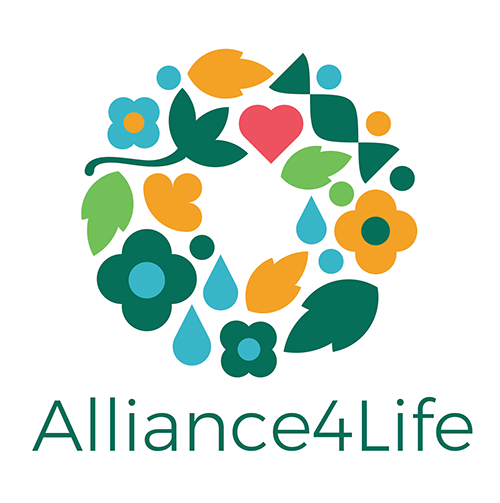
The National Round Table in Lithuania: International Science Programmes
On 26 November, the Research Council of Lithuania organized H2020 Information day, in which, as an example of good practice, project Alliance4Life was presented. The presentation was followed by the discussion: “Is It Worth Participating in International Science Programmes?”
Alliance4Life was presented by project participant Prof. Osvaldas Rukšėnas as one of the first projects based on the bottom-up principle, which aims at closing the divide in European health research and innovation. As a result of the project, the permanent structure of Alliance4Life was established with the aim to support and strengthen European research excellence and the impact of scientific research on society, human health, and quality of life.
The presentation was followed by a discussion on experiences, successes and problems while participating in international science programmes. One of the main challenges was more active involvement of scientists in project activities and the role of higher educational institutions. According to participants, in terms of training for scientists on project themes and preparation of applications, encouragement of participation in the projects is a crucial element for increasing participation. Equally important is a more flexible policy of project administration and promotion-motivation within institutions. There were more suggestions from the audience: provide co-financing for project activities, involve more PhD students in the project activities, leave more time for project preparation, and establish an internal financial incentive mechanism. Emphasis was placed on the development of entrepreneurial competences of researchers and more active participation in project promotion and brokerage events.
As a possible formula for success, the participants identified significant input from consultants and experts involved in the evaluation of the application. The choice of project partners and personal contacts of researchers also play a very important role. Therefore, in the participants' view, it is particularly important to ensure the mobility of researchers through internships, individual in-service trainings, and other activities.
Event participants gave their opinions on the impact of the dissemination of information on successful projects to the institution. Sharing good practices is one way of motivating researchers to become more involved in project work by discussing key mistakes and successful experiences. In addition, the funded projects allow for the identification of relevant research trends, future development trends, and provide an opportunity to evaluate the extent and type of experience that is lacking in certain areas.
National contact points (NCPs) from the Research Council of Lithuania and Agency for Science, Innovation and Technology stated the importance of NCPs and their possible contribution to proposal development and improvements, proofreading by peers, the importance of trainings, and possible good practices from other sectors. An example of good practice from business is when the author of an idea, professional project writer, and NCP or another person with knowledge of the programme and call requirements team up in proposal writing.
During the event, several key conclusions were reached. Enabling dissemination of information, assisting in the preparation of applications, developing researchers’ entrepreneurial competences and active participation in brokerage events are all important for enabling researchers to become more involved in ongoing projects. Equally important is sharing best practices, not only highlighting the major advantages and disadvantages of applications, but also relevant research trends and future development trends. Higher education and research institutions, in this case, should be as flexible as possible in project administration and in motivating the academic community. A formula for the successful development of a project application was also established. In this formula, the most important roles are the proposal writers, experts that translate project evaluation feedback, and, of course, project partners.
 The project "Alliance for Life Sciences: Closing Research and Innovation Divide in the European Union" received funding from the European Union's Horizon 2020 research and innovation programme under grant agreement No. 779303.
The project "Alliance for Life Sciences: Closing Research and Innovation Divide in the European Union" received funding from the European Union's Horizon 2020 research and innovation programme under grant agreement No. 779303.

